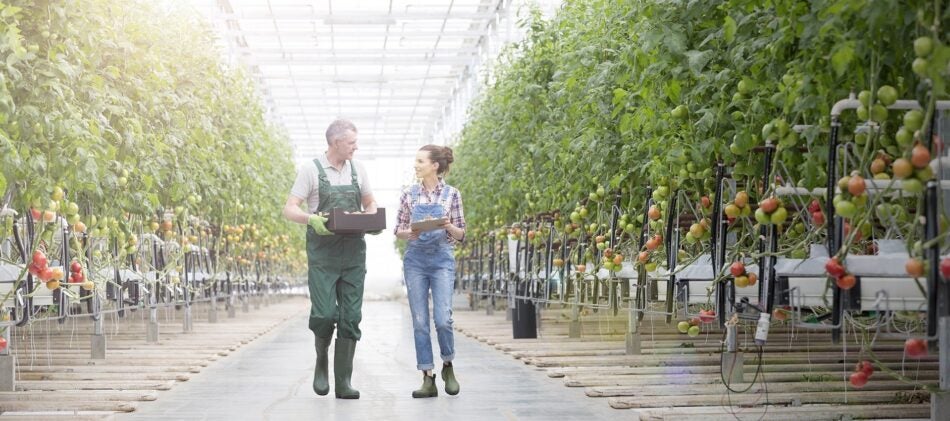As of January 15, 2020, fresh produce companies will be subject to new requirements under the Safe Food for Canadians Regulations (SFCR).
The SFCR defines fresh fruits and vegetables as “any fresh plant or any fresh edible fungus, or any part of such a plant or fungus, that is a food” including fresh herbs, fruits, vegetables, mushrooms or sprouts, either wild or cultivated.
The SFCR has been in force since January 15, 2019 with some requirements in effect immediately and others being phased in over a period of 12 to 30 months. Under the regulations, importers of fresh fruits or vegetables were to obtain a Safe Food for Canadians licence from the Canadian Food Inspection Agency (CFIA) beginning January 15, 2019. Those without a valid license by January 15, 2020 could see delays or even have their shipments be refused entry at the border, and may be subject to other enforcement actions.
Preventative Controls
Licensed fresh fruit or vegetable businesses, including those growing and harvesting fresh fruit or vegetables for export or interprovincial trade, must have implemented preventive controls in accordance with Part 4 of the SFCR by January 15, 2020. The preventative control requirements are designed to address food safety hazards and prevent contaminated and non-compliant food from entering the marketplace.
Preventative Control Plans
A preventative control plan is a written document that details how your business identifies and controls food safety hazards. Licence holders whose gross annual food sales are more than $100,000, and growers or harvesters whose gross annual sales from interprovincial sales are more than $100,000, must have completed preventive control plans effective January 15, 2020.
Any business seeking an export certificate or other export permission from CFIA will require a preventative control plan.
Traceability
New traceability requirements are designed to make it easier to trace food through the supply chain for faster and more accurate investigations and product recalls. Beginning January 15, 2020, businesses that grow or harvest fresh fruits and vegetables must maintain traceability documents, that:
- identify the food product
- trace the food one step back to the supplier
- trace the food one step forward to whom the product was sold (exceptions apply for retailers selling to consumers)
Records are to be kept for two years and a label containing required traceability information must accompany fresh fruits and vegetables as they change hands.
Consumer prepackaged fresh fruits and vegetables will require lot code labelling. Businesses will have until January 15, 2021 to use up existing packaging and comply with new requirements.
Visit the Canadian Food Inspection Agency (CFIA) website for more information.
Contact an Acera Insurance advisor insurance and risk management information and resources for your business.

